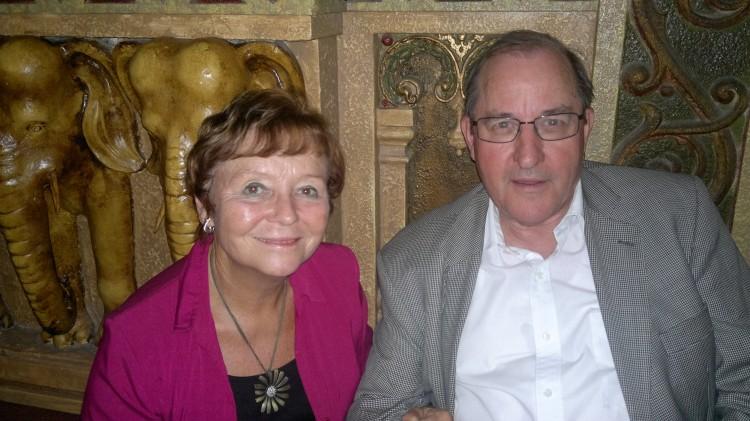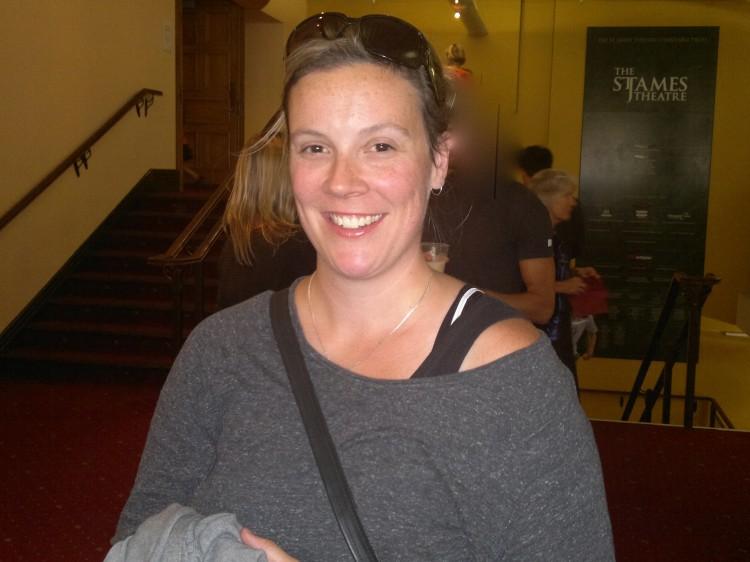International surveys show that reading achievement levels in New Zealand are spiralling downward, and the government is ignoring the need to revisit teaching methods that do not work, say researchers from Massey University’s College of Education.
New Zealand led the world in reading achievement in 1970. It fell to thirteenth place in the 2001 study and then to twenty-fourth in 2006, according to an international study carried out every few years.
Nine to ten-year-old children from up to 38 countries take part in the the Progress in International Reading and Literacy Study (PIRLS) conducted by the International Association for the Evaluation of Education Achievement.
A report put out by a Massey University team of researchers in August, based on the PIRLS results, shows that there is tremendous disparity between good and poor readers with large numbers of students falling into both the lower and higher levels of reading achievement. The Reading Recovery programme costs $40-50 million dollars each year, the report said, and had the ‘flagship’ programme achieved its goal, the number of students with reading and writing difficulties should have diminished from the time the programme was introduced in the 1980s.
One of the Massey report’s authors, Professor of Literacy Education Tom Nicholson, said: “I feel a bit despondent really. I dont know what we can do. Neither political party seems to have the guts to do anything. They pretty much dont want to rock the boat.”
The Massey report is called Cognitive Science Meets the New Zealand Strategy: Why the Reading Literacy Achievement Gap Still won’t Go Away and What can be done about it.
Researchers argue that the ‘whole language, contexual approach’ that has been used in New Zealand schools since the 1980s is failing the lower socioeconomic groups. Researchers claim that scientific evidence has shown that new school entrants, and particularly struggling children, benefit from learning proven literacy strategies with an emphasis on the teaching of phonics. Phonics-based teaching involves recognizing letters and combinations of letters and associating these with the sounds they make in order to work out syllables and words.
“The change to a different method was discrimatory against the poorer people...and the minority groups in New Zealand,” Prof. Nicholson said. “It was a method that favoured the middle classes.”
“It is incredible that we had a literacy taskforce of experts that produced a report in 1999 recommending phonics and that was its first recommendation and nothing has happened since in that regard. And there have been an awful lot of criticism of existing programmes like Reading Recovery so maybe it all has to go on the table and be looked at.”
Professor Bill Tunmer, researcher from Massey University’s School of Educational Studies, said New Zealand’s spread of scores has been bigger than other contries’ since 1990.
“We have been arguing about that for some time now, explaining that much of it has to be with the particular approach to teaching reading that underlies the regular classroom instruction as well as Reading Recovery,” he said. The Reading Recovery Programme is designed to help children who were falling behind by providing specialised, one on one teaching. Last year, 10,700 students were referred to the programme, according to the Ministry of Education website.
The report also revealed a huge difference in reading performance between schools of higher and lower socio-economic levels. Children from higher socioeconomic groups learn well with the current teaching methods as they have more ‘literacy cultural capital’, Prof. Tunmer said.
Ministry of Education group manager for Curriculum, Teaching and Learning, Mary Chamberlain said the present system works well for most students. She concedes that some students are not keeping up and that the Ministry is currently working on a programme that will help these students more effectively.
“The Ministry is aware that ongoing monitoring of students who have completed Reading Recovery is not a consistent practice across all schools. Strengthening the practice of ongoing monitoring of ex-Reading Recovery children is a Ministry priority in 2009,” Ms Chamberlain said in an email.
Prof. Nicholson said the Reading Recovery programme works, but does not have a long-term effect. “It doesn’t give them the skills that will sustain them once they go back into the classroom.”
Carey College Principal Michael Drake said the newer ‘constructivist’ approach to teaching reading is “sheer idiocy”. Carey College is an independent Christian school in Auckland that has opted out of the New Zealand curriculum. The school has a one hundred per cent success rate using the traditional phonetics based teaching, he says
“Children come into our school at the age of five and by the time they are five and a half, they are reading at an eight year old reading level. When children read to parents, we require them to sound out every letter and every phoneme until they are fluent and that way they can pick up any English text.
“This one really upsets me...Every child in New Zealand could read if he was taught phonics. It is as simple as that”.
School Literacy Levels Continue to Dive
New Zealand literacy levels are dropping and educators are concerned that Reading Recovery programmes are not enough.

The old phonetics approach is being advocated as educators see reading achievement levels drop in schools. photos.com
|Updated:




